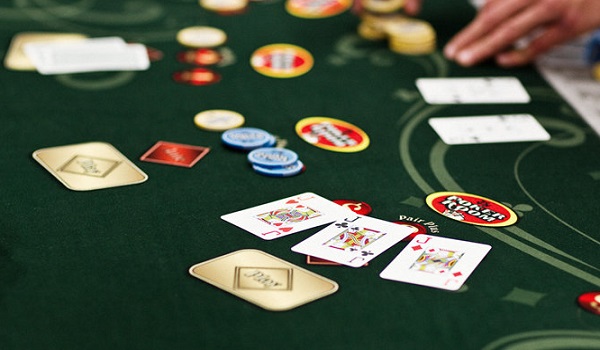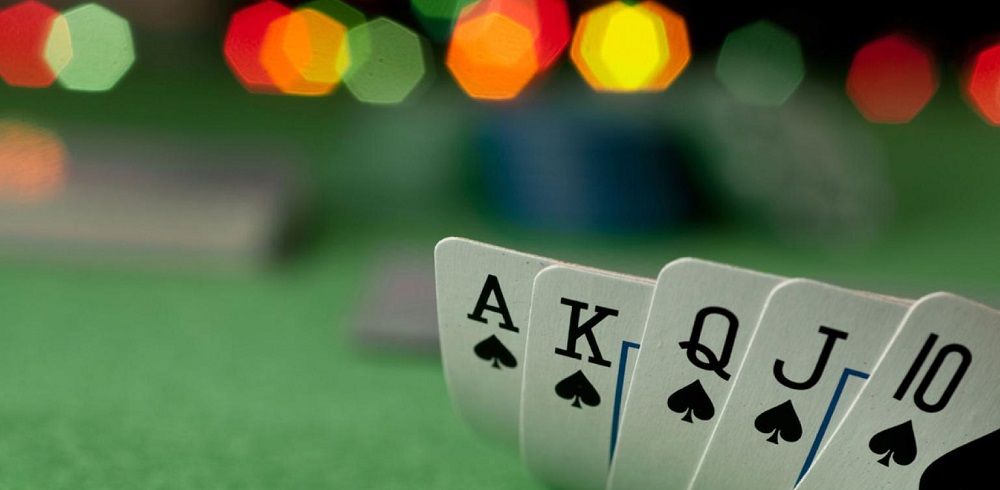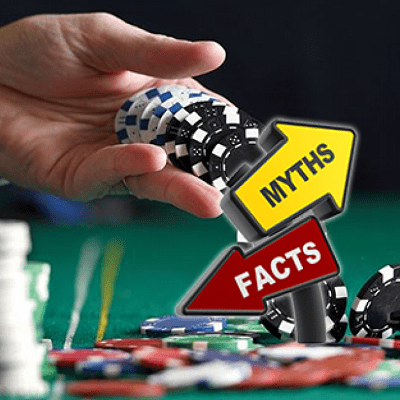Introduction to Becoming a Professional Poker Player

Embarking on a journey to become a professional poker player is a path filled with challenges, strategy, and a considerable amount of skill. Transitioning from a beginner to a professional requires more than just understanding the rules of the game; it involves developing a comprehensive plan, honing your skills, and adopting a professional mindset. This article provides a roadmap for aspiring poker professionals, highlighting key steps and strategies for mastering this complex and rewarding game.
Develop a Structured Plan
The first step in becoming a professional poker player is to create a structured plan. This plan should outline your goals, the stakes you intend to play, the style of poker you will focus on (such as Texas Hold’em or Omaha), and a timeline for your progression. A clear plan helps in staying focused and measuring progress over time.
Work Harder
The path to becoming a professional poker player demands hard work and dedication. This means constantly studying the game, analyzing your game and staying up to date with the latest strategies and trends in poker. The more effort you put into understanding the nuances of the game, the better equipped you will be to face a variety of opponents and situations.
Don’t Forget About Comfort
Comfort is crucial in poker. Ensure your playing environment is conducive to long sessions, with minimal distractions and a comfortable setting. This could mean investing in ergonomic furniture, creating a quiet space, or using tools that aid in concentration and relaxation.
Hire a Trainer
Consider hiring a poker coach or trainer. A seasoned professional can provide invaluable insights into your game, point out weaknesses, and offer tailored advice and strategies. This mentorship can accelerate your learning curve significantly.

Manage Your Time Correctly
Time management is key in poker. Allocate specific hours for playing, studying, and reviewing your hands. Balancing poker with other life responsibilities ensures that you remain sharp, focused, and avoid burnout.
Launching Tables
As you grow more confident in your skills, start playing at multiple tables simultaneously. This not only increases your potential earnings but also helps in gaining experience faster. However, ensure you can manage the added complexity without sacrificing the quality of your play.
All or Nothing
Adopt an “all or nothing” approach to your poker career. This means fully committing to the game, making it a top priority, and being willing to take calculated risks when necessary. However, this should be balanced with smart bankroll management and not risking more than you can afford to lose.
Immerse Yourself in the Game More Often
Immerse yourself in poker culture. Participate in poker forums, watch live broadcasts of professional players, read books, participate in online casino Fenikss tournaments and interact with the poker community. This constant immersion keeps you connected to the game and often provides new perspectives and strategies.
Pay Yourself
Treat your poker earnings as a professional would. Set aside a portion of your winnings as your salary and reinvest the rest in your bankroll. This approach helps in maintaining financial discipline and ensures the sustainability of your poker career.
Remember About Losing
Understanding and accepting losses are integral to poker. Every player experiences losses; what matters is how you learn and bounce back from them. Analyze your losses to understand what went wrong and how you can improve.
Conclusion
Becoming a professional poker player is a journey of continuous learning and adaptation. It requires dedication, strategic planning, and a willingness to embrace both the highs and lows of the game. By following these guidelines, maintaining discipline, and continually striving to improve, you can transform your passion for poker into a successful professional career.




